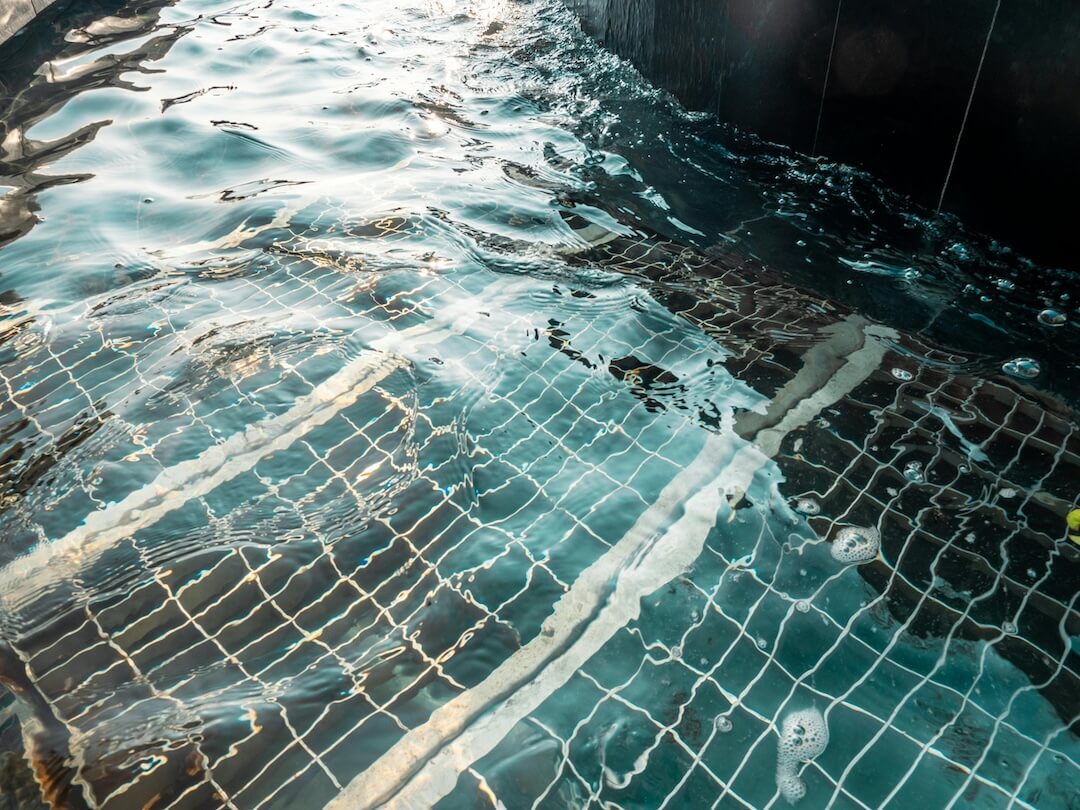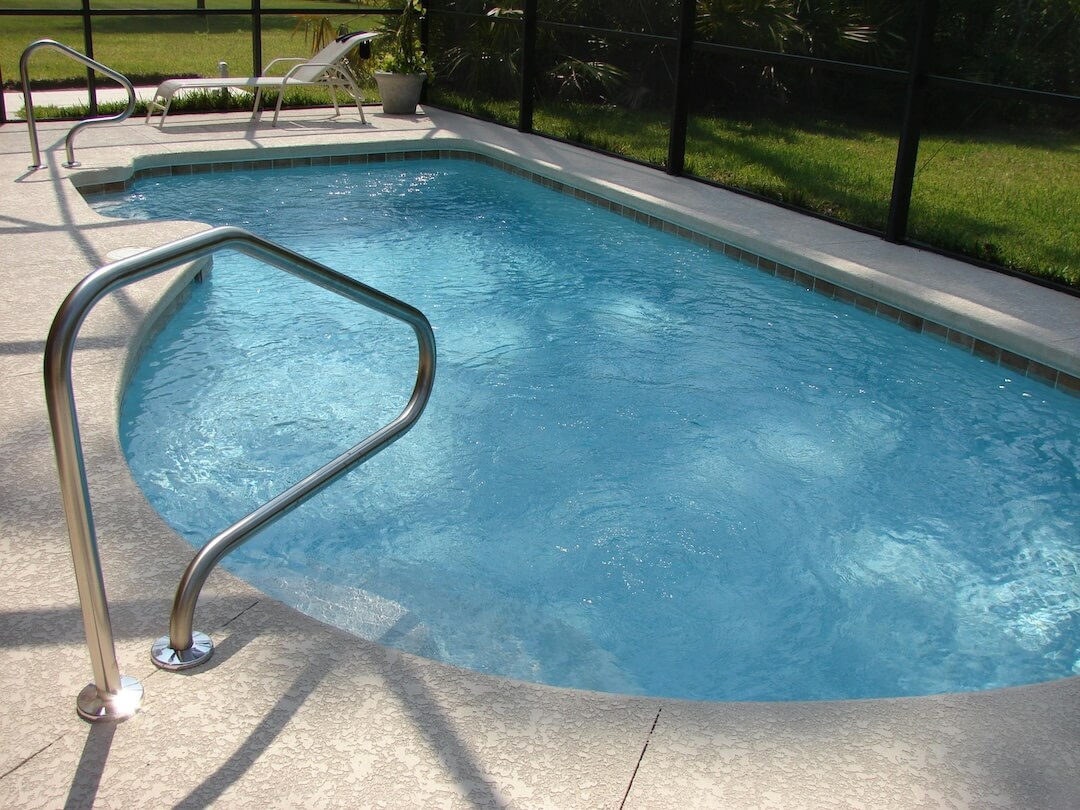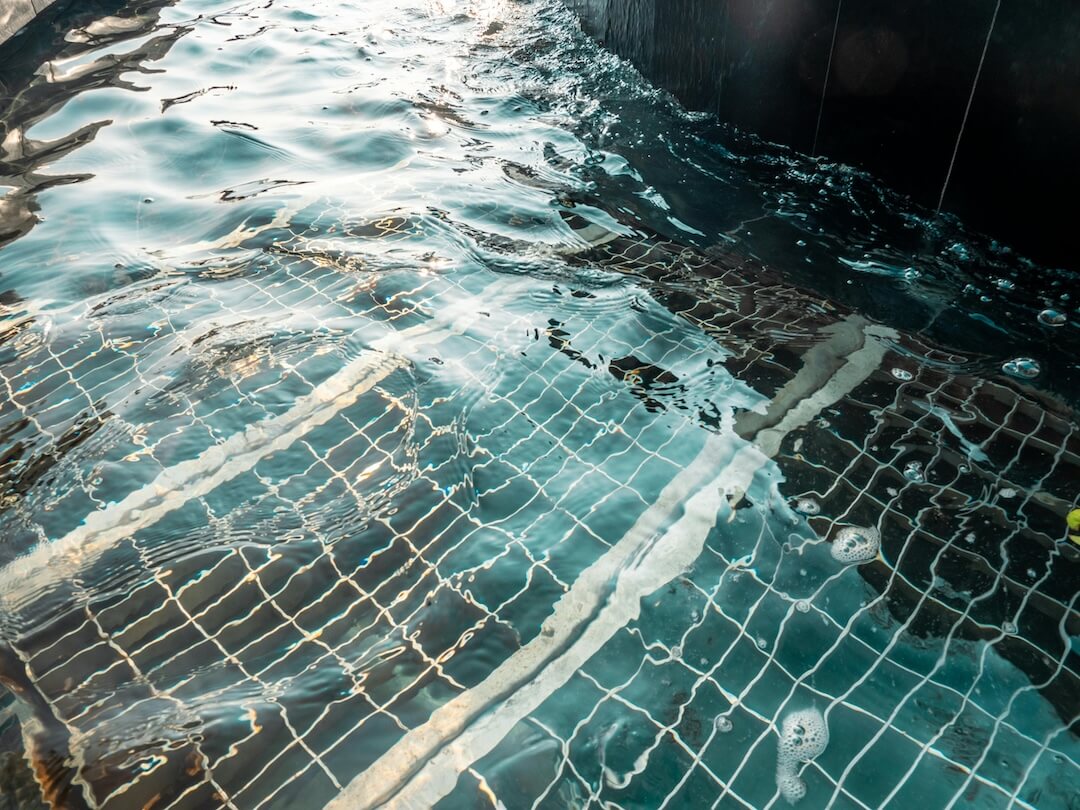How to Balance Pool pH Levels

How to Balance Pool pH Levels
Maintaining the correct pH level in your swimming pool is fundamental to ensuring safe, clear, and comfortable water. In Florida City, where warm temperatures and high sunlight exposure can influence water chemistry, balancing your pool pH becomes even more crucial. Proper pH levels not only improve the comfort of swimmers but also extend the lifespan of your pool equipment and prevent common issues like algae growth and water cloudiness. Our pool experts are here to guide you through the essential steps to keep your pool water balanced and healthy throughout the year.
Understanding the Importance of pH Balance
The pH level measures the acidity or alkalinity of your pool water, with a ideal range typically between 7.2 and 7.6. When pH is too low (below 7.2), the water becomes acidic, leading to corrosion of pool surfaces and equipment, skin and eye irritation for swimmers, and increased chlorine consumption. Conversely, if the pH is too high (above 7.6), the water becomes alkaline, which can cause scale buildup on surfaces and equipment, cloudy water, and decreased effectiveness of disinfectants. Therefore, maintaining a balanced pH level is essential for safe swimming conditions and overall pool health.
In Florida City, the high levels of sunlight and warm weather can cause pH levels to fluctuate more rapidly. The sun’s ultraviolet rays break down chlorine and other sanitizers, which can indirectly affect pH levels. Additionally, the use of algaecides, pool chemicals, or even swimmers’ bodies can alter water chemistry. Regular testing and adjustments are necessary to keep the pH within the optimal range, ensuring your pool remains inviting and hygienic.
How to Test Your Pool pH Levels
Testing your pool’s pH levels is a straightforward process that should be part of your regular pool maintenance routine. You can use either digital pH testers or traditional test strips available at pool supply stores in Florida City. To test, collect a water sample from about elbow-deep in your pool, avoiding areas with heavy splashing or debris. Follow the instructions on your testing kit carefully for accurate results.
It’s recommended to test your pool water at least twice a week during peak swimming season, and at least once a week during cooler months. Consistent testing allows you to catch fluctuations early and take timely action. Keep a log of your test results to monitor trends and ensure your pH stays within the ideal range. Our pool specialists advise against guessing or making adjustments without proper testing because overcorrecting can lead to further imbalances.
How to Adjust pH Levels
Once you determine that your pool’s pH is outside the recommended range, it’s time to make adjustments. To raise pH levels that are too low, add a pH increaser, commonly known as soda ash (sodium carbonate). Follow the manufacturer’s instructions carefully, pouring the chemical around the pool’s perimeter and dispersing it evenly. Allow the water to circulate for several hours before retesting to confirm the pH has risen to an appropriate level.
If your pH is too high, you’ll need to lower it using a pH reducer, such as muriatic acid or sodium bisulfate. Always add chemicals slowly and in small amounts, preferably near the return jets with the pump running. This ensures proper mixing and prevents localized high concentrations that could damage your pool surfaces. Safety is paramount—wear protective gear and handle chemicals with care.
In Florida City, the high temperatures can cause pH levels to drift quickly, especially after heavy rainfall or high evaporation rates. Regular monitoring and prompt adjustments are key to keeping your water chemistry balanced. Our pool experts are available to assist with precise chemical calculations and safe application techniques to maintain optimal pH levels effortlessly.
Additional Tips for Maintaining pH Balance
Beyond regular testing and chemical adjustments, there are several best practices to keep your pool water pH in check. First, ensure proper filtration and circulation. Well-maintained filtration systems help distribute chemicals evenly and remove debris that can affect water chemistry. Second, avoid introducing excessive organic matter, such as leaves, grass, or dirt, which can cause pH fluctuations.
In Florida City, where outdoor pools are exposed to the elements year-round, covering your pool when not in use can help reduce contamination from debris and sunlight. Sunlight accelerates the breakdown of chlorine and can influence pH levels, so using a pool cover can help stabilize water chemistry. Additionally, maintaining proper alkalinity levels—usually between 80 and 120 ppm—acts as a buffer to prevent rapid pH changes.
Our pool specialists recommend scheduling routine water testing, especially after heavy rainstorms or periods of heavy use. Also, periodically check your pool’s calcium hardness and total alkalinity, as these parameters influence pH stability. Proper balancing of all these factors ensures that your pool remains crystal clear, safe, and enjoyable for every swimmer.
When to Seek Professional Help
While home testing and adjustments work well for routine maintenance, some pH imbalances may require professional intervention. If you notice persistent pH fluctuations despite regular adjustments, or if your pool water becomes cloudy or develops a strange odor, it’s time to contact our experts. Excessive algae growth or scale buildup can also signal underlying chemical issues that need specialized treatment.
Our team of pool specialists in Florida City can perform comprehensive water analysis and carry out the necessary chemical balancing to restore your pool’s health. We also offer advice on preventative maintenance and can recommend the best products for your specific pool setup. Investing in professional care ensures your pool remains in optimal condition, providing a safe and inviting environment for all swimmers.
In conclusion, maintaining proper pool pH levels is a vital aspect of pool care that requires regular attention and expert knowledge. By understanding how to test, adjust, and prevent pH imbalances, Florida City residents can enjoy a clean, safe, and refreshing swimming experience all year round. Our specialists are dedicated to helping you achieve perfect water chemistry, so don’t hesitate to contact us for personalized advice and professional assistance.



